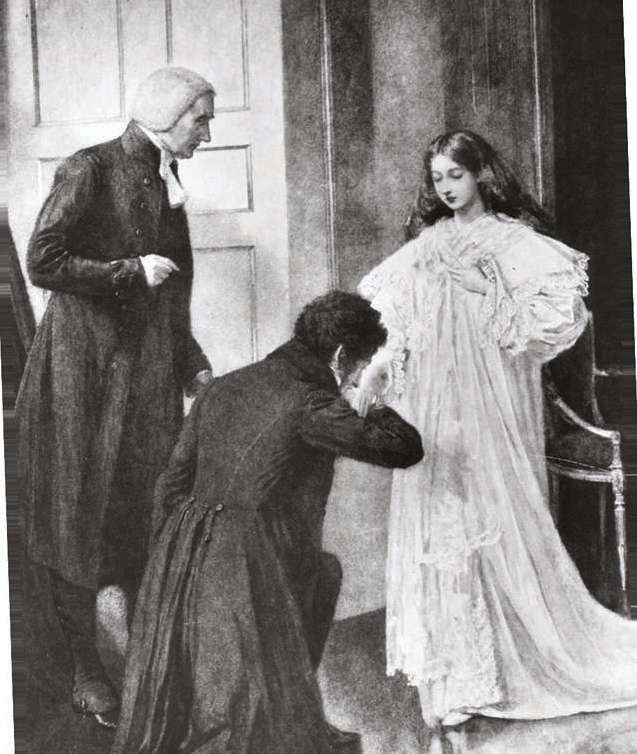Q:When did the Victorian era begin and end, and when did it first start being referred to as such?
A: It starts officially in 1837, with the accession of Queen Victoria and ends in 1901 when she dies. The first mention of the term ‘Victorian’ was in a literary magazine in 1839, two years after her accession. That’s the strict meaning of ‘Victorian’ at least - pertaining to the reign of Queen Victoria. But it’s used more figuratively to talk about the whole of the 19th century or to talk about attitudes and behaviours of the period.

Woken from her sleep, the young Victoria receives a kiss on the hand having been told of her accession following the death of William IV
GETTY IMAGES X2
Q:Why do you think we’re so fascinated by the Victorians?
A: It’s an incredibly exciting era of history; a transformational period in terms of huge rises in population, the transfer of people from the countryside to the city, and the establishment of the sort of great cities that we know and love, like Birmingham or Manchester. And Victoria lives a long time, which perhaps seems an obvious thing to say, but when you have monarchs that have very, very long reigns, they give a sort of stability and shape to a period.
We tend to think of the Elizabethan era, for example, as one of the golden ages of English history. And the Victorian period is an equivalent in a way – most of the 19th century is presided over by one person. And that gives it a sort of character and attraction.